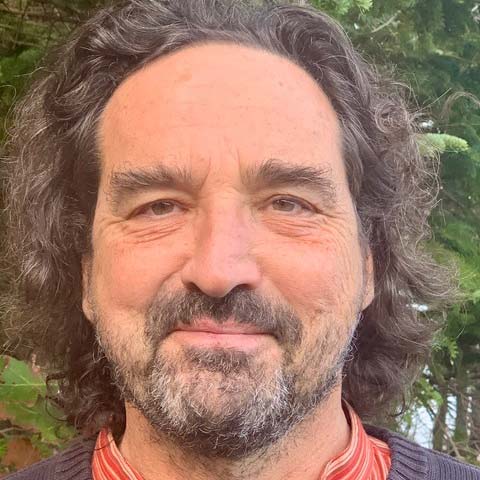New Latin America Partnership Launches IWitness Page Featuring Spanish-Language Holocaust Testimonies
The USC Shoah Foundation and The Latin American Network for Education on the Shoah (Red LAES) today launched a new IWitness web page that offers downloadable Spanish-language educational activities based on testimonies from the 56,000-strong Visual History Archive.
